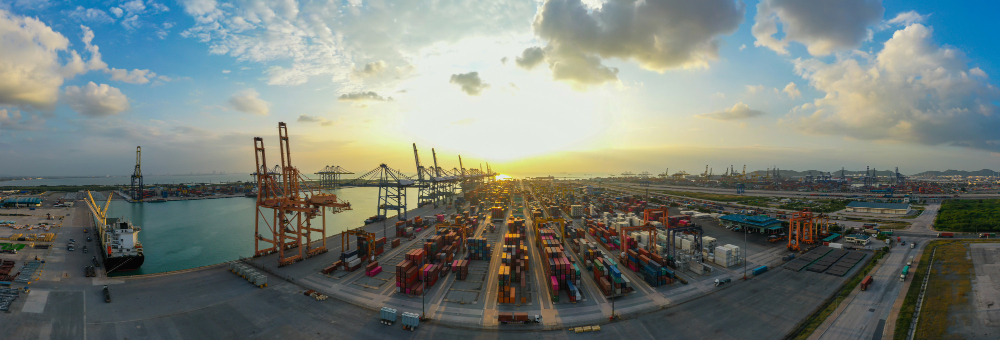Whether you are in charge of your manufacturing process or outsourcing it, you need to be informed about the logistics’ ins and outs. These processes are a vital part of any supply chain and can directly affect the success of your manufacturing plant. If logistics are managed seamlessly, you will get a smooth inflow of raw materials and have perfect products at the end. Inbound logistics are critical because they involve managing and delivering all necessary inputs to make the finished products.
Inbound Logistics:
Business owners want to produce quality products prepared in the best possible conditions while minimizing waste, errors, labor, and inventory. This is why inbound logistics is so necessary. Overseeing the whole process will ensure reliable, controlled in-flow of materials, which will enhance your company’s overall performance and decrease any potential expenses.
They mainly deal with suppliers and manufacturers. The different processes that fall under inbound logistics are storage and distribution of raw materials and any other parts necessary for manufacturing—tracking inventory, optimizing the flow of materials, and sourcing different raw materials all come under the umbrella of inbound logistics. It is the first stage of the supply chain.
Importance Of Inbound Logistics:
- Can result in higher grade finished products, more savings, and improved sales.
- Companies can have a better level of customer satisfaction while reducing overhead costs.
- Well-managed logistics can help companies in securing carriers at lower prices. Companies can enjoy greater accuracy over their inventory.
- Every penny spent on product storage and transportation will be used wisely with managed logistics increasing the ROI in the long run.
Examples Of Inbound Logistics:
Every activity related to sourcing raw materials to the manufacturing plant, delivering raw materials for storage or moving finished products to the warehouse all fall under the category of inbound logistics.
Here are some examples:
Dietary Supplements Manufacturing:
A company that sells dietary supplements will have all the raw materials delivered to its production plant via a carrier. When the carrier supplies all the raw material, manufacturing can begin. After manufacturing, the finished product will be stored at optimum condition so that its chemical structure doesn’t change. The storage process is crucial as it will govern how the product performs when it reaches the end customer.
If any stage of the logistics is compromised, you will be forced to shut down your production until you find an appropriate solution.
E-commerce Example:
The inbound logistics for an e-commerce business will be acquiring supplies that you will use for your business, receiving products at a warehouse, and receiving return goods from customers. You can reuse or repair these products and send them to end customers via outbound logistics.
Manufacturing Facility:
If you are a car manufacturer, all the materials and parts coming to you for further processing will fall under such logistics. Transport of steel, glass, plastic, rubber and other relevant materials will be a part of the first logistics stage.
Conclusion:
Despite the importance of inbound logistics, companies overlook it entirely and focus on outbound logistics. This leads to them bringing defective products that leave customers unsatisfied and decrease their revenue. So, companies should always focus on all the critical components of inbound and outbound logistics to run a successful operation.
Also Read: How Can 3PL Order Fulfillment Help You Save Time And Money?




